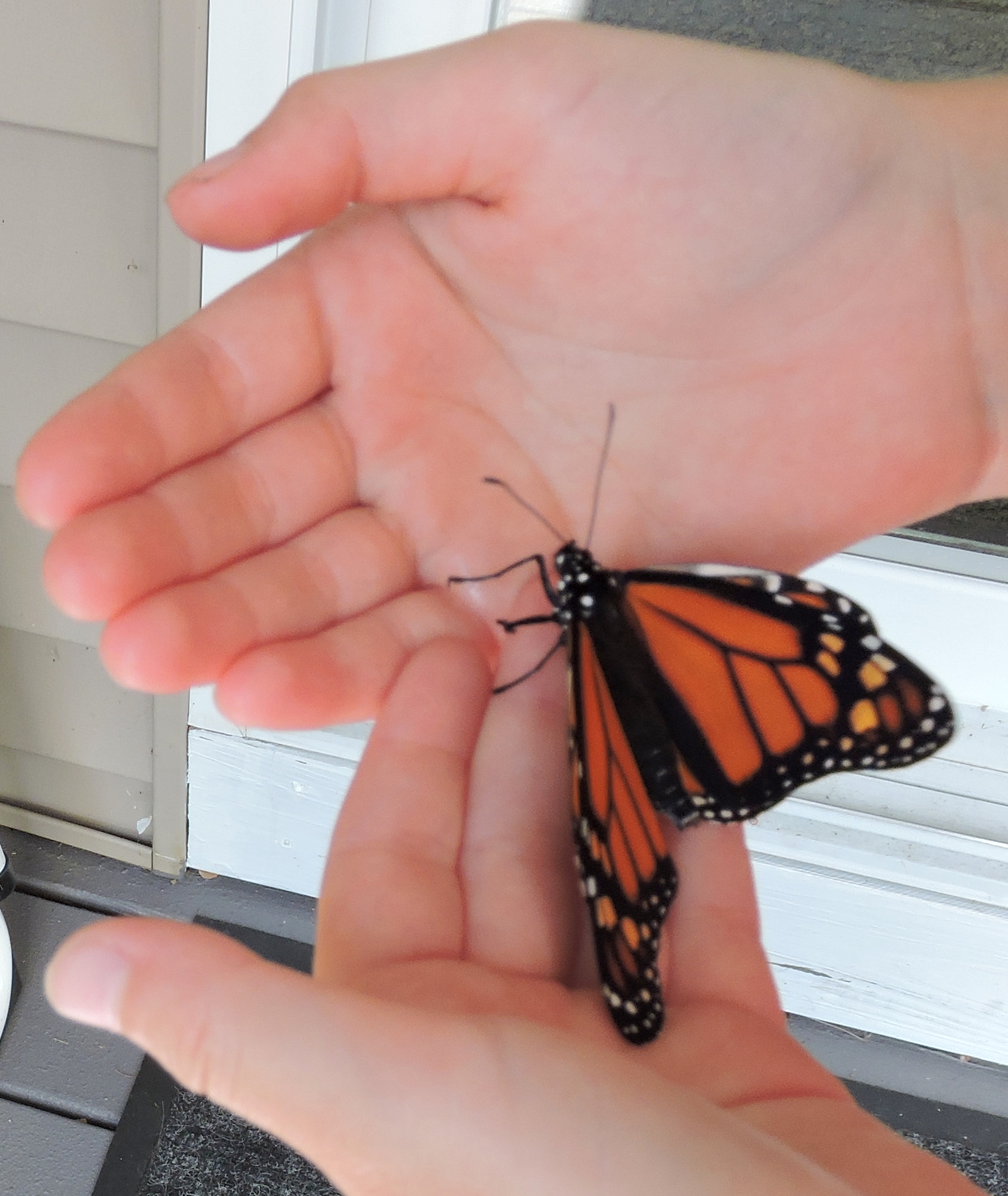
Yesterday we sent our students home with no knowledge of the attacks. Our hearts were heavy all day, but especially so at bus time, as we watched these children walk into a new world.

When I think about Sept. 11 and its aftermath, I recall a circle of second graders sharing thoughts about the horrific events of that day. Those same children stand together and rejoice a few minutes later, as if there were only goodness and beauty in the world. Here’s the way it happened: Sept. 12, 2001 – Yesterday we sent our students home with no knowledge of the attacks. Our hearts were heavy all day, but especially so at bus time, as we watched these children walk into a new world. The staff met after school to discuss appropriate classroom response, as well as to seek comfort from one another. Today we meet the children in the hall as usual. They seem a bit subdued, quieter. We greet each other, and exchange some smiles. They put away their things and gather on the rug for morning meeting. A couple of children share brief remarks. Then James says he saw something on the news which makes him feel sad. It’s as if he’s turned on a switch: classmates are nodding; a few raise hands, because they have heard about this too. They seem surprised the others know what they know. I’ve tried to anticipate questions, and hope no one will ask whether this could ever happen again, or whether it might happen here. As they speak, I sense that the adults in their lives have done very well in communicating with these children about the events of the day. They listen respectfully, and we are all on the same page in terms of what we know and how we feel about it. I do my best to assure them there are more good people in our world than bad, beginning with their families, this classroom, this school, and this town. And then a hand goes up. James again. “I have a question,” he says, his face twisting as if it hurts him to ask it. “Why did they jump? Those people, from the buildings?” “Why did they jump? That was hard to see,” I agree. “I’m thinking about those buildings…” “There was so much fire!” James adds. “…and when you’re that close to fire, it’s almost automatic,” I continue. “You just get away from it!” someone finishes. Heads are nodding, as if this makes sense. They’re in agreement. The demeanor of the group has changed a bit as we’ve been talking: they’re more relaxed, their faces more open. At this moment something unexpected happens. I didn’t plan it, even though it sounds staged. Someone announces that one of our monarch butterflies has just emerged from its chrysalis. The children move together, standing beneath the monarch, their upturned faces radiant. It’s not the first one that’s “hatched,” but the first one we’ve watched as a group from start to finish, and they narrate the process like experts. Once the wings are fully unfurled, they sing Happy Birthday to this brand-new butterfly they’ve raised from a caterpillar. And I’m part of this joyous group! What a marvelous thing! To think that just a few minutes earlier, they were discussing real-world horror, and raising raw questions. Without missing a beat, now they’re fully embracing joy. I wonder if children are just better at this than adults are – switching gears, being in the moment. These children, singing to a butterfly, reminded me that there are things to celebrate even in the darkest hours. Their beautiful lesson was a great gift on that day.
Judy Welna
